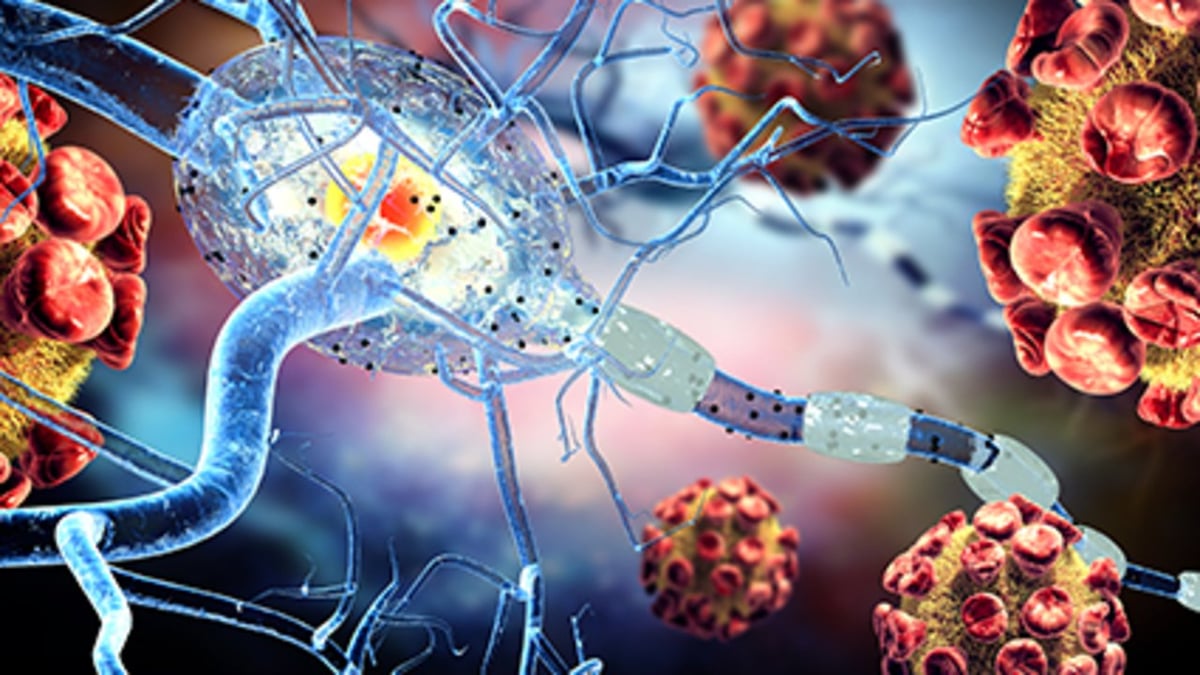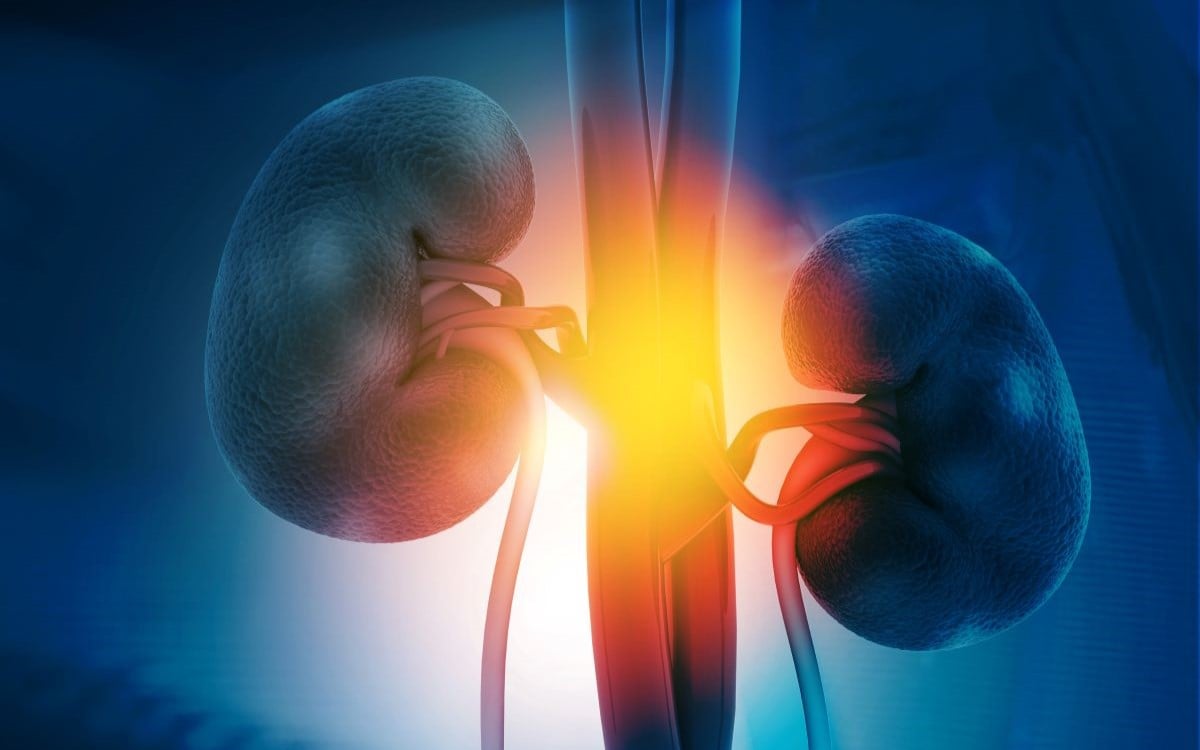
Multiple sclerosis makes people vulnerable to more severe cases of COVID-19, but a new study finds that getting the COVID vaccine won’t trigger a relapse of MS symptoms. “People with MS have an increased risk of severe COVID infection due to their level of motor disability or exposure to treatments that suppress their immune systems,”… read on > read on >










.jpeg)







